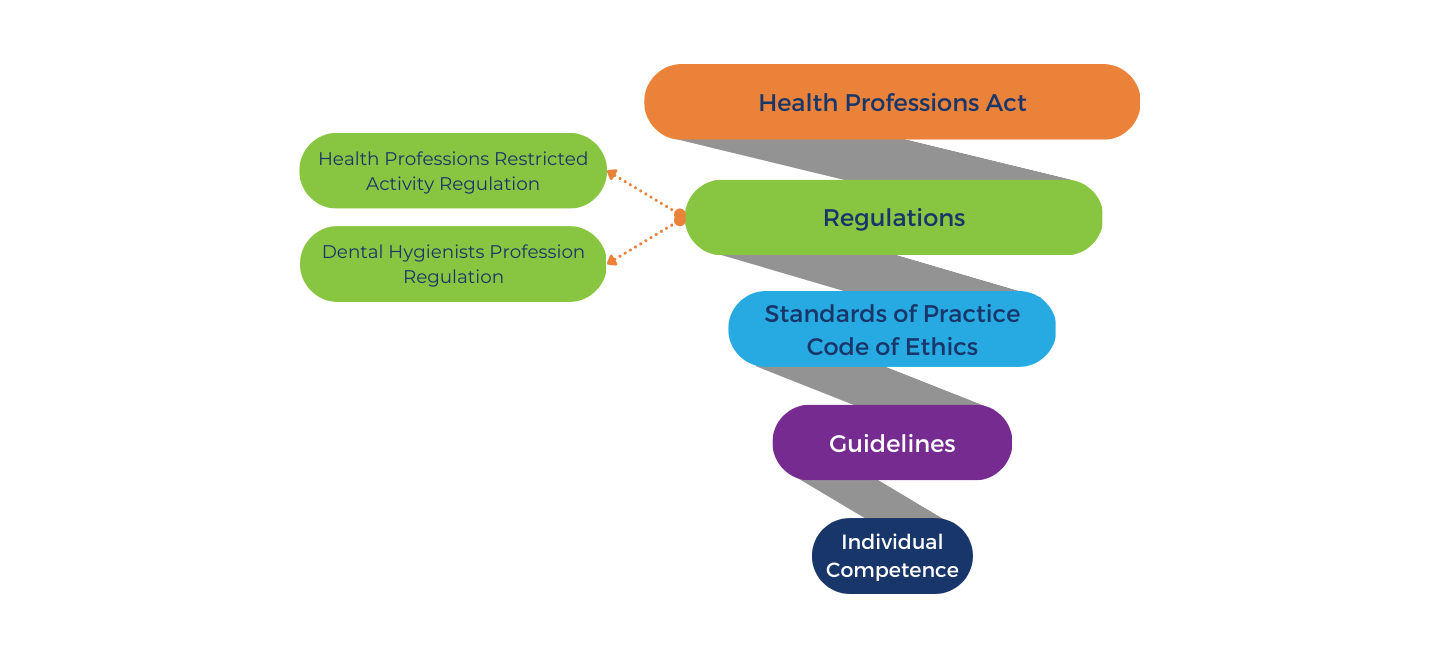The Office of the Information and Privacy Commissioner of Alberta (OIPC) is the regulator of Alberta's access to information and privacy laws - Health Information Act (HIA), Personal Information Protection Act (PIPA), and the Freedom of Information and Protection of Privacy Act(FOIP).
Health Information Act
The Health Information Act (HIA), along with the Health Information Regulation outline expectations for the collection, use, disclosure, and security of health information. This legislation also provides individuals with the right to request access to health records and the right to request a correction or amendment to facts included in their health information.
The purposes of the Health Information Act (HIA) are to:
- Establish strong and effective mechanisms to protect the privacy of individuals with respect to their health information and to protect the confidentiality of that information
- Enable health information to be shared and accessed, where appropriate, to provide health services and to manage the health system
- Prescribe rules for the collection, use and disclosure of health information, which are to be carried out in the most limited manner and with the highest degree of anonymity that is possible in the circumstances
- Provide individuals with a right of access to health information about themselves, subject to limited and specific exceptions as set out in this Act
- Provide individuals with a right to request correction or amendment of health information about themselves
- Establish strong and effective remedies for contraventions of this Act
- Provide for independent reviews of decisions made by custodians under this Act and the resolution of complaints under this Act
This act includes amendments to address the technical enhancements to provincial electronic health records, clarify disclosure rules and improve the government's capacity to monitor drug trends and enhance the privacy of Albertans' health information. Mandatory breach reporting and notification requirements were added in 2018.
Health Information Act
The Health Information Act Guidelines and Practices Manual
Personal Information Protection Act (PIPA)
The Personal Information Protection Act protects individual privacy by requiring (in most cases) private-sector organizations to obtain consent for the collection, use, and disclosure of personal information and providing individuals with right of access to their own personal information.
Personal Information Protection Act
Freedom of Information and Protection of Privacy Act (FOIP)
Public bodies must comply with Alberta's Freedom of Information and Protection of Privacy Act. Public bodies include all provincial government departments, agencies, boards, and commissions. It also includes local public bodies such as municipalities, universities, school boards, and others.
Freedom of Information and Protection of Privacy Act
